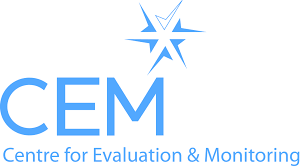Schools are often judged by their exam results and it is undoubtedly important that young people gain the best qualifications they can to achieve future goals. But as Tania Clarke asks in her recent blog, what is the purpose of education? If it is to nurture young people to develop their potential holistically and prepare them to be productive citizens, then you could argue that a focus on academic qualifications alone is insufficient.
The World Health Organization (2005) has described mental health as a ‘state of wellbeing in which an individual realises his or her own abilities, can cope with the normal stresses of life, can work productively and is able to make a contribution to his or her community’. Therefore, if we want students to develop into productive citizens, they not only need academic credentials but also good future mental health and wellbeing. This is because wellbeing is not just about feeling well (hedonic wellbeing) but also functioning well (eudaimonic wellbeing - see Deci & Ryan, 2008, for further discussion of this distinction).

